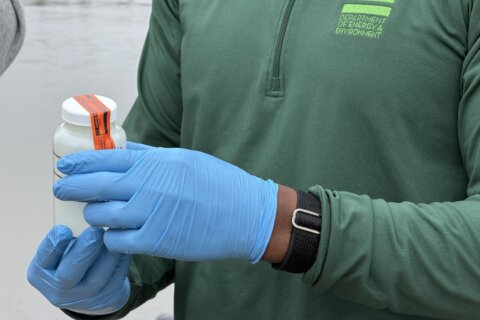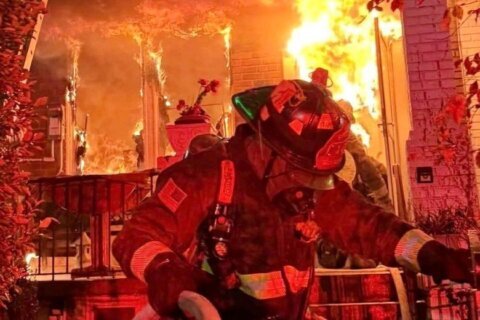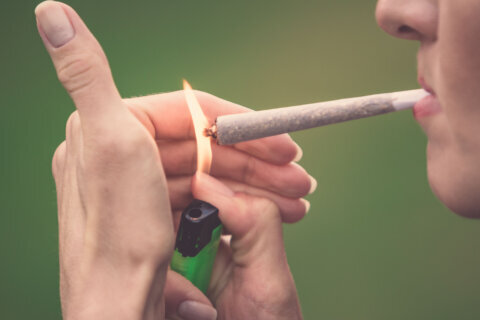The D.C. Council passed a bill Tuesday evening banning the sale of flavored tobacco products, such as flavored e-cigarettes, menthol cigarettes and flavored cigars.
The bill, called the Flavored Tobacco Product Prohibition Amendment Act of 2021, would update a long-standing ban on the sale of tobacco products to minors under 16 to include e-smoking devices within a quarter-mile of middle and high schools, and eliminate the sale of flavored tobacco products.
It passed its first reading on a 9-3 vote, with one council member voting as present, after changes were made following feedback from residents on how it could target minority-owned businesses, specifically establishments selling hookah.
Council member Christina Henderson proposed an amendment to exempt restaurants and bars that sell hookah for on-site consumption from the ban as long as the establishment has a smoking exemption from the D.C. Health Department. Hookah establishments also must not admit anyone under the age of 21.
According to a listing on D.C. Health’s website, only nine establishments have such an exemption.
Council member Kenyan McDuffie said his office received negative feedback on the bill prior to the amendment’s addition.
“There are a lot more folks that offer hookah at their establishment than there are on this, and hopefully we can figure out how to support people who would need to make this application to get this exemption,” McDuffie said.
The amendment was approved unanimously, with one member voting as “present.”
After the amendment, Chairman Phil Mendelson said he would be voting against the bill, regarding the council’s consistent push against tobacco as “the wrong approach” to take.
“What we have seen, generally, is where there are prohibitions, there are problems that come with it, and that is what I see here,” Mendelson said. “I can illustrate it this way: We as a council made it increasingly easier to smoke marijuana, but increasingly more difficult to smoke tobacco. There is a contradiction there, and I don’t support that contradiction.”
Mendelson also addressed how the bill will affect users for menthol cigarettes if the legislation passes. As a former user in high school, Mendelson said the prohibition could be attacking a large segment of the population, along with possible racial impact on enforcement.
“I don’t think this is the right approach by us to be prohibiting, to be creating other collateral problems by taking this approach, and I think that there are other approaches that can promote the public health,” Mendelson said.
Council member Mary Cheh said she was “shocked” about Mendelson’s opposition, saying he would be making the tobacco industry “gleeful” if he continues voting against the bill.
“This is something we have to assess on its own … (tobacco companies) can hook the next generation into smoking, and that is what this is about,” Cheh said. “And you if you don’t think it is happening, the data shows it is.”
Discussions still need to be had on enforcement before it heads to Mayor Muriel Bowser’s desk for approval. The bill states that the District’s Department of Consumer and Regulatory Affairs would be charged with enforcement and fines.
While police are not in charge of enforcement, they normally take enforcement upon itself to make sure the law is followed. However, racial equality is not just about police interactions with residents; it is about how the law and fines are communicated to minority-owned businesses.
Following the bill’s passage, the Campaign for Tobacco-Free Kids issued a statement praising the move.
“The Council’s action is the right move to stop the tobacco industry from addicting a new generation of kids and reversing the enormous progress we have made in reducing youth tobacco use,” Matthew L. Myers, President of the Campaign for Tobacco-Free Kids said in a statement.
The council is expected to take a final vote on Tuesday, June 29.








